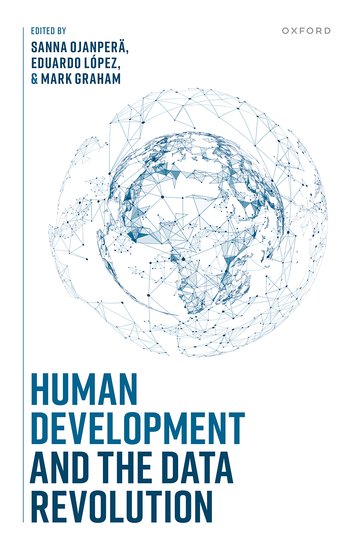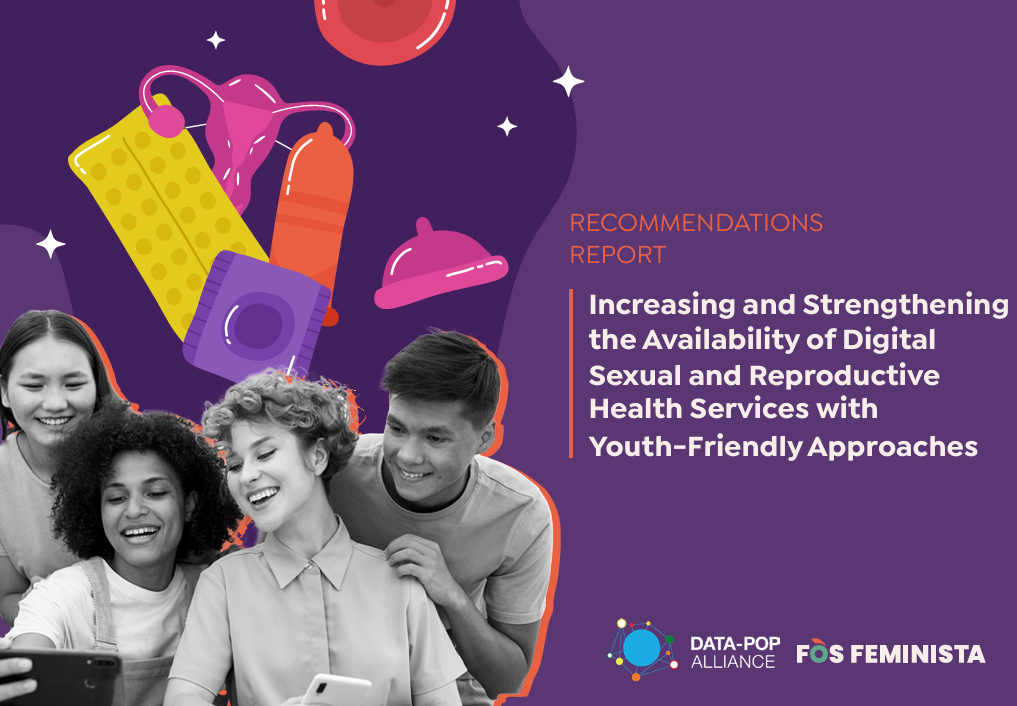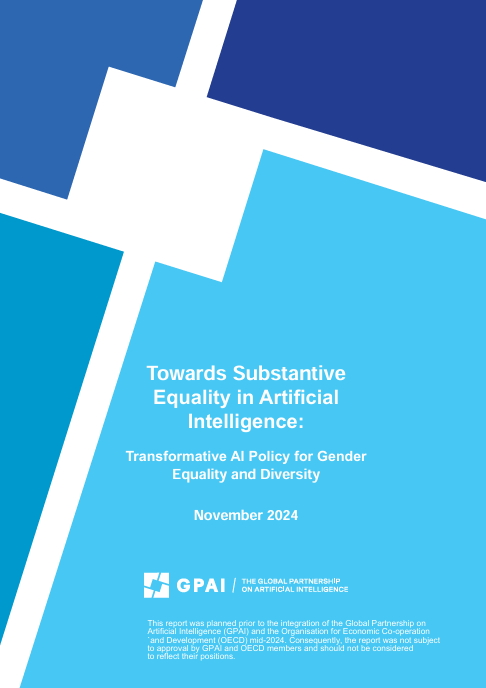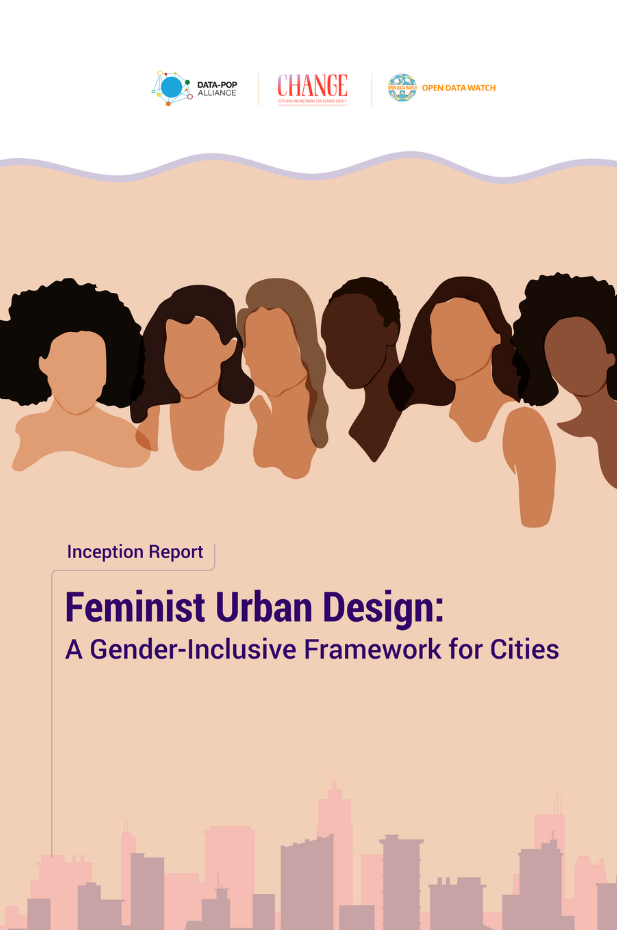With the increased application of Earth Observation (EO) data, combined with the higher spatial and temporal granularity of data and the potential benefits of Machine Learning (ML) algorithms, ethical concerns around EO have become more salient. In this science-policy brief, we examine the effects of EO data collected without a gender-inclusive perspective, and how that raw data (or processed by ML) may have negative implications for women. We will focus on three groups of women living in various states of vulnerability: those experiencing forced migration, those living in refugee camps, and smallholder farmers. The brief offers recommendations to relevant stakeholders –such as EO practitioners and NGOs utilizing this information– on possible mitigation strategies to ensure that the collection and use of EO data is done in a gender-inclusive manner, with the goal of designing more comprehensive and equitable interventions based on EO data.
- Policy Brief
Replicating Gender Bias from Above: Earth Observation, Machine Learning and SDG 5
- English





![[P124] cover Bangladesh_Report](https://datapopalliance.org/wp-content/uploads/2025/04/P124-cover-Bangladesh_Report.png)

![[WEB] Feature Blog Post](https://datapopalliance.org/wp-content/uploads/2025/02/WEB-Feature-Blog-Post-.png)



